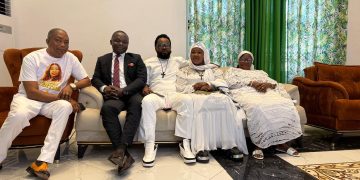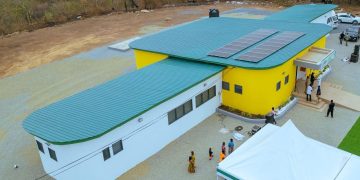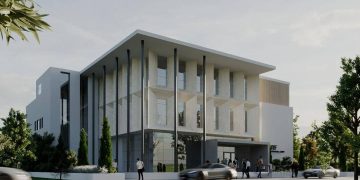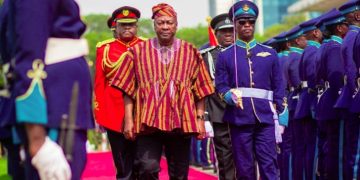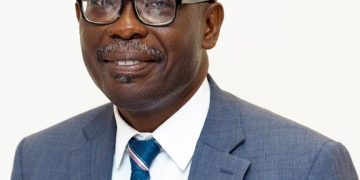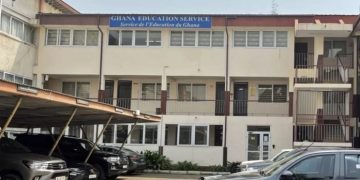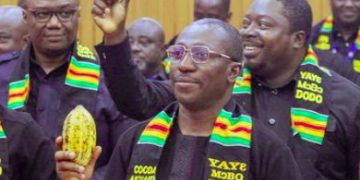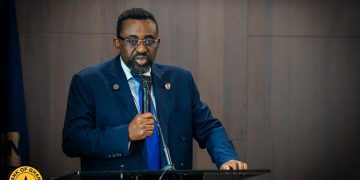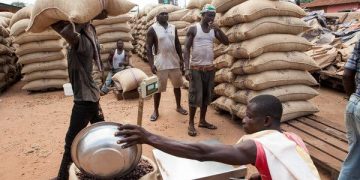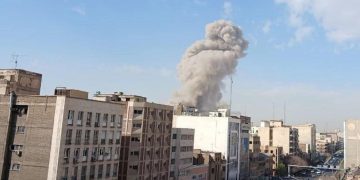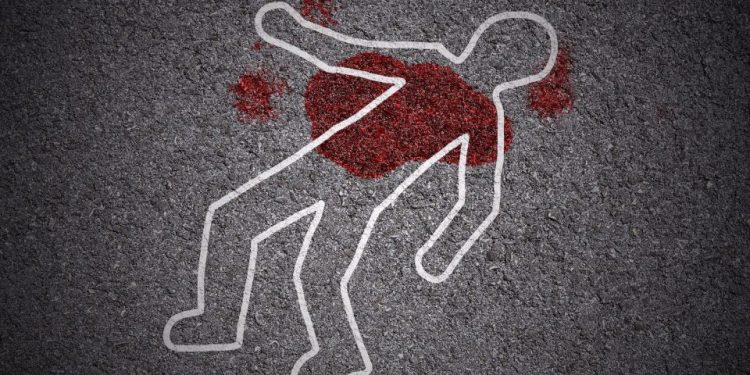The Ghana Catholic Bishops Conference has raised fresh concern over Ghana’s security landscape, warning that the country is experiencing growing pockets of violence and instability that demand urgent national attention.
In a communiqué issued at the end of its 2025 Plenary Assembly in Damongo, the bishops stated that Ghana’s long-standing reputation as a beacon of peace in West Africa should never be taken for granted.
The Conference pointed to a series of violent incidents across multiple regions as evidence that the country’s social fabric is under strain. They highlighted the persistent conflict in Bawku, renewed tensions in parts of the Savannah and Northern Regions, and sporadic clashes in the Oti and Bono East Regions.
The communiqué noted that the conflict in Bawku continues to cause death and displacement on a scale that cannot be ignored. The bishops stated that more than 300 lives have been lost in the protracted conflict and that over 30,000 people have been displaced from their homes. They added that the psychological trauma inflicted on children, women, and families may take decades to heal.
The Conference warned that ongoing violence in areas such as Gbenyiri, Kalba, Bole, Chereponi, and Nkwanta South must not be dismissed as isolated incidents. The bishops argued that each outbreak of violence erodes trust between communities and weakens the sense of national unity that Ghana has laboured to build since independence.
The bishops expressed concern about the infiltration of violent extremist ideologies and cross-border criminal networks. They indicated that Ghana’s proximity to the Sahel, where terrorist activities have destabilised several states, places the country at significant risk. They called for stronger intelligence gathering, improved border security, and deeper collaboration among security agencies.
The Conference also appealed for better early-warning systems and stronger peace-building structures at the local government level. They emphasized that traditional leaders, faith communities, and civil society organisations are key actors in conflict prevention and resolution and must be supported with resources.
The bishops urged government to strengthen the National Peace Council and ensure that it receives predictable funding. They wrote that a country’s peace architecture is only as strong as its institutions and that peacebuilding cannot be sustained if key bodies lack independence or resources.
On the upcoming district-level elections and the next general elections, the bishops cautioned against inflammatory behaviour, political manipulation, and misuse of security agencies for partisan ends. They warned that democratic processes must be protected at all costs.
The communiqué stated that peace requires justice and that unresolved grievances must be addressed through dialogue and fair processes. The bishops wrote that citizens deserve to feel safe in their homes, workplaces, markets, and places of worship.
They also called on the media to avoid sensationalism when reporting conflicts. They urged journalists to focus on accuracy and context rather than fear-driven narratives that escalate tension.
The bishops concluded by praying for national unity and asking all Ghanaians to recognise that peace is the most priceless pillar of national development.
The communiqué was signed by Most Rev. Matthew Kwasi Gyamfi, Bishop of Sunyani and President of the Conference.
Source: www.KumasiMail.Com/JosephZiem



